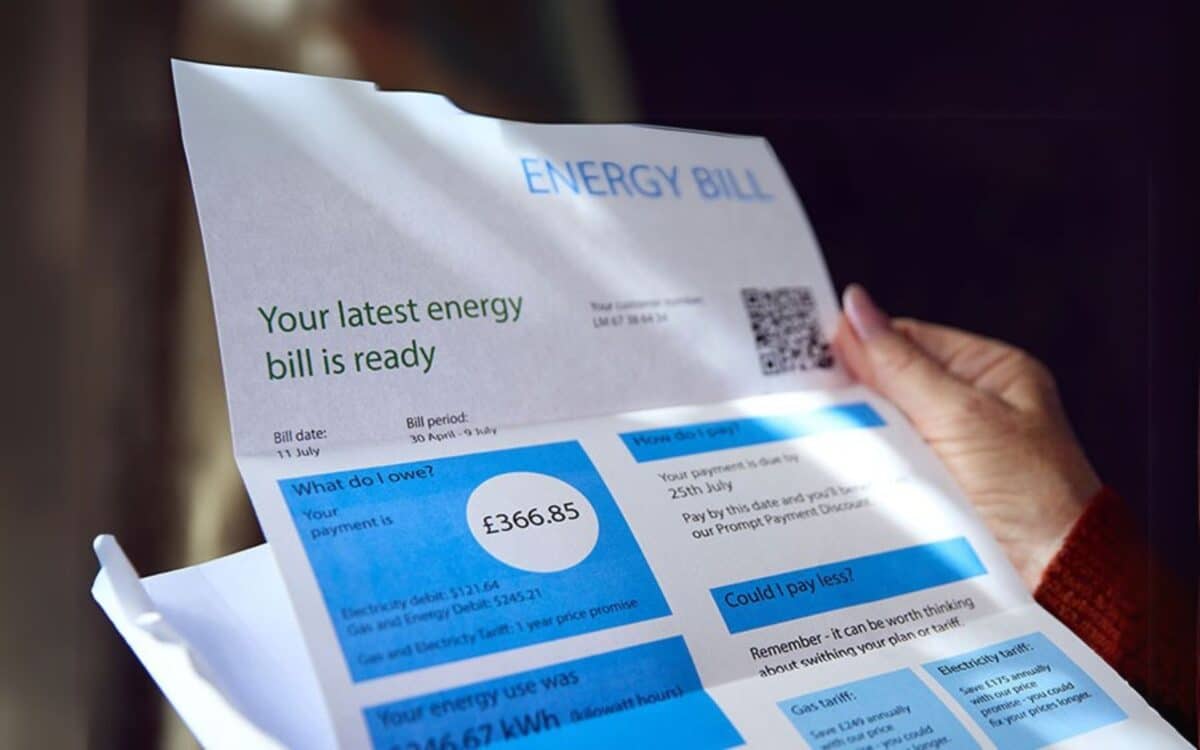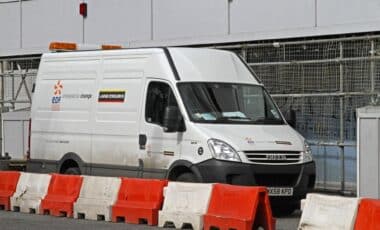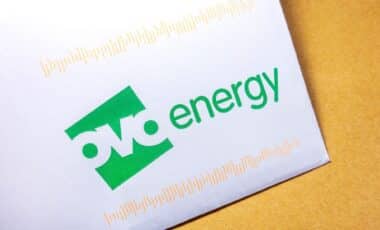Energy customers across the UK are being advised to act quickly before the next energy price cap adjustment takes effect. This simple step could save households from being charged higher rates on energy used before the price cap change. Here’s what you need to know to prepare for the upcoming increase.
How to Prepare for the Price Cap Adjustment
The upcoming adjustment to the energy price cap could have significant financial implications for households. By taking proactive steps like submitting meter readings, customers can avoid unnecessary charges during this transition.
Importance of Submitting Meter Readings
Submitting accurate meter readings is essential for those without a smart meter to ensure that energy companies don’t estimate usage at higher rates.
- The price cap will increase from £1,717 to £1,738 per year for a typical household.
- Households on standard variable tariffs (SVTs) without a smart meter must submit their readings by December 31.
- Failure to provide a reading may result in overcharges for energy consumed before the cap increase.
Uswitch Advice for Households
Experts at uSwitch recommend taking meter readings as close as possible to the date of the price cap change to avoid estimation errors.
- Households could face an estimated £18.81 extra for a week’s worth of energy if readings are not submitted.
- Collectively, unsubmitted readings could lead to an overpayment of up to £186 million across the UK.
Benefits of Switching to a Fixed Tariff
Locking in a fixed tariff can provide financial stability and protection from peak winter energy rates.
- Some fixed-rate deals offer savings of up to 7% below the new price cap.
- A fixed tariff can shield households from fluctuating energy prices for at least a year.
Taking Accurate Meter Readings for Energy Price Cap Adjustments
Understanding how to read your meter correctly is a vital step in managing energy costs. Ensuring accuracy in this process can help you avoid disputes with your supplier and potential overcharges.
Guidelines for Different Meter Types
Correctly recording your meter reading can help ensure your bills accurately reflect your energy use. Here’s how to handle various types of meters:
Standard meters
- Digital metric meters: Record the first five numbers from left to right, ignoring decimals.
- Digital imperial meters: Note the first four black numbers only.
Dial meters
- Each dial alternates direction. Note the lower number if the pointer is between two digits.
- Ignore red dials and numbers after the decimal.
Smart meters
- No action is required, as readings are automatically sent to the supplier.
Citizen Advice Recommendations
Taking a moment to double-check your meter reading is a simple but effective way to avoid billing mistakes. Following the official guidelines ensures clarity and reduces the risk of disputes.
To ensure precision :
- If a pointer is directly over a number, underline it and adjust based on the next dial’s position.
- Ignore numbers on red dials or after a decimal point.
Why Acting Now Matters
Energy bills remain a pressing concern for many UK households, particularly during the colder months. Accurate readings prevent overestimations and help manage costs during energy price cap transitions. With just a small effort to submit readings, customers can avoid paying more than necessary.
Taking a few minutes to submit your readings before the energy price cap change is a simple yet effective way to safeguard against unnecessary charges.









